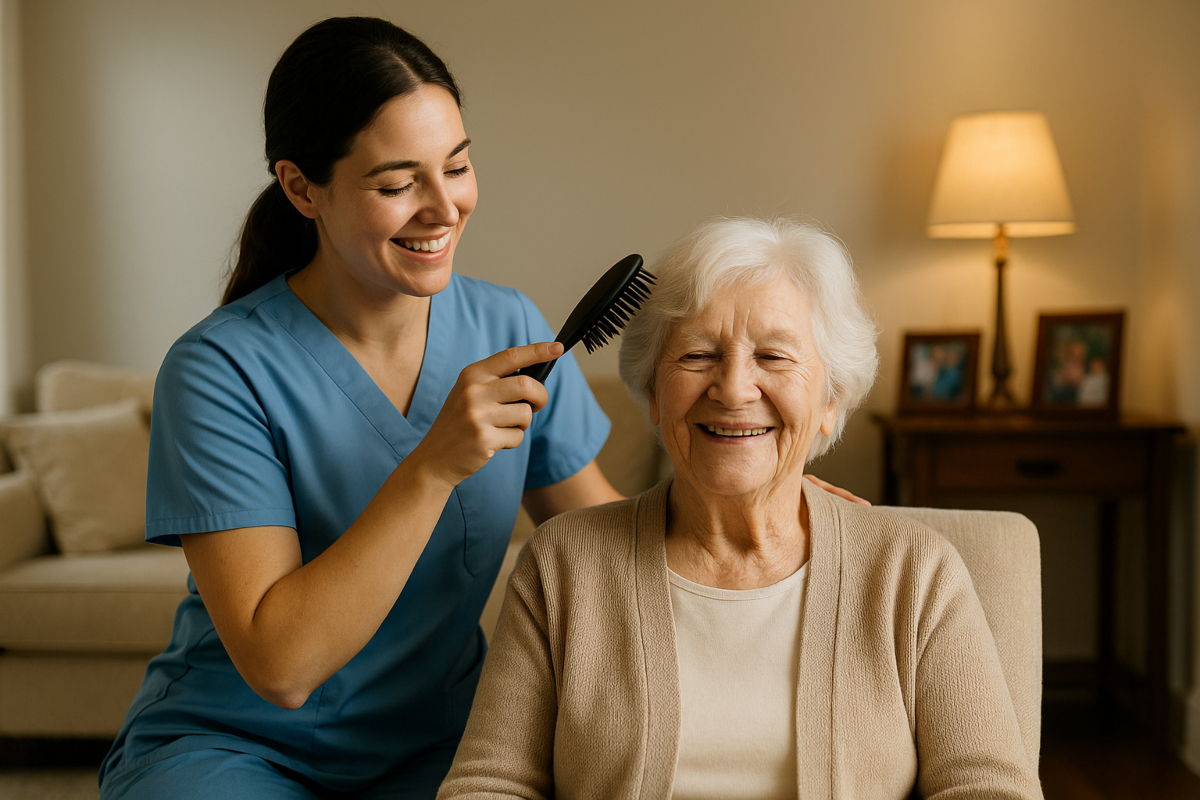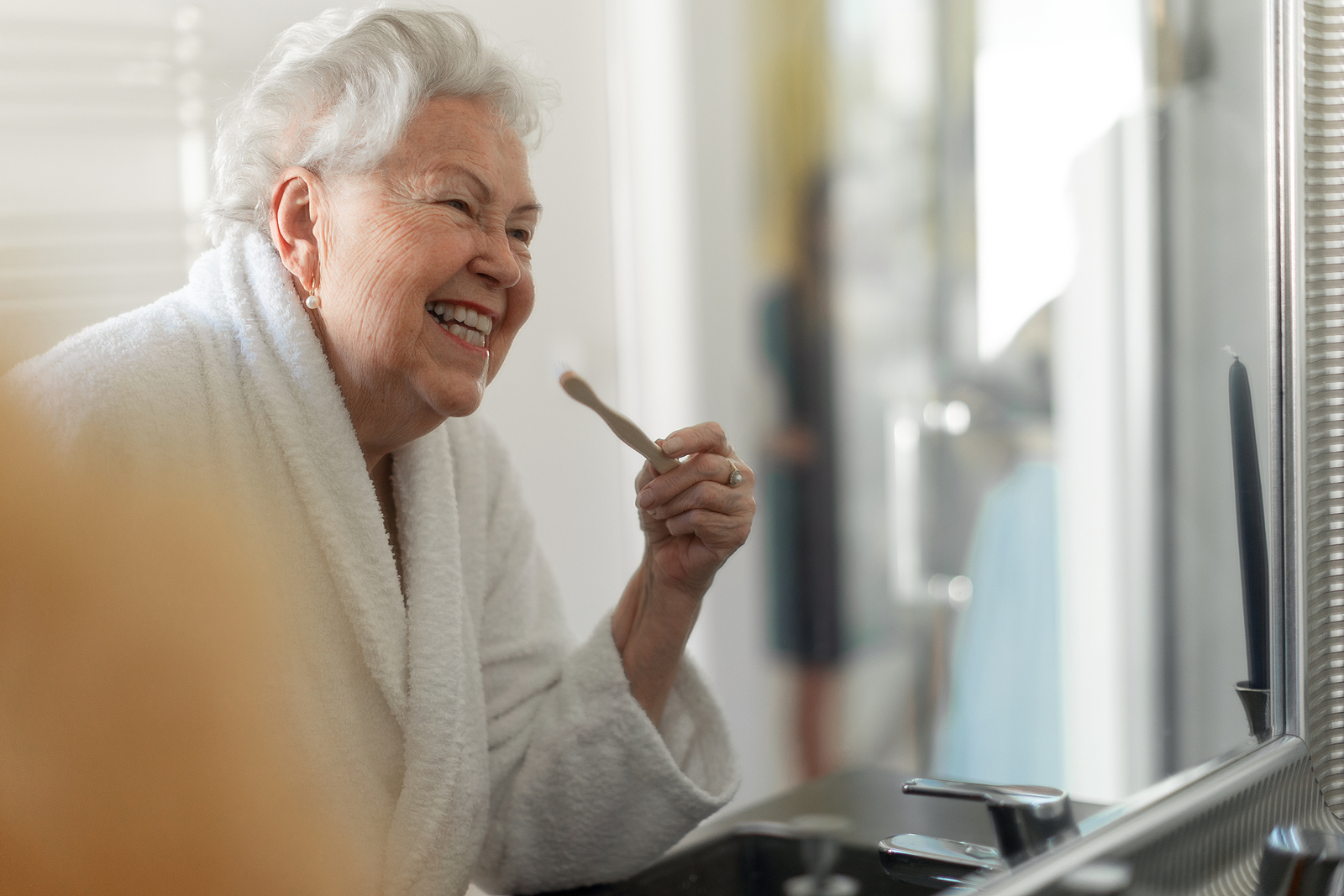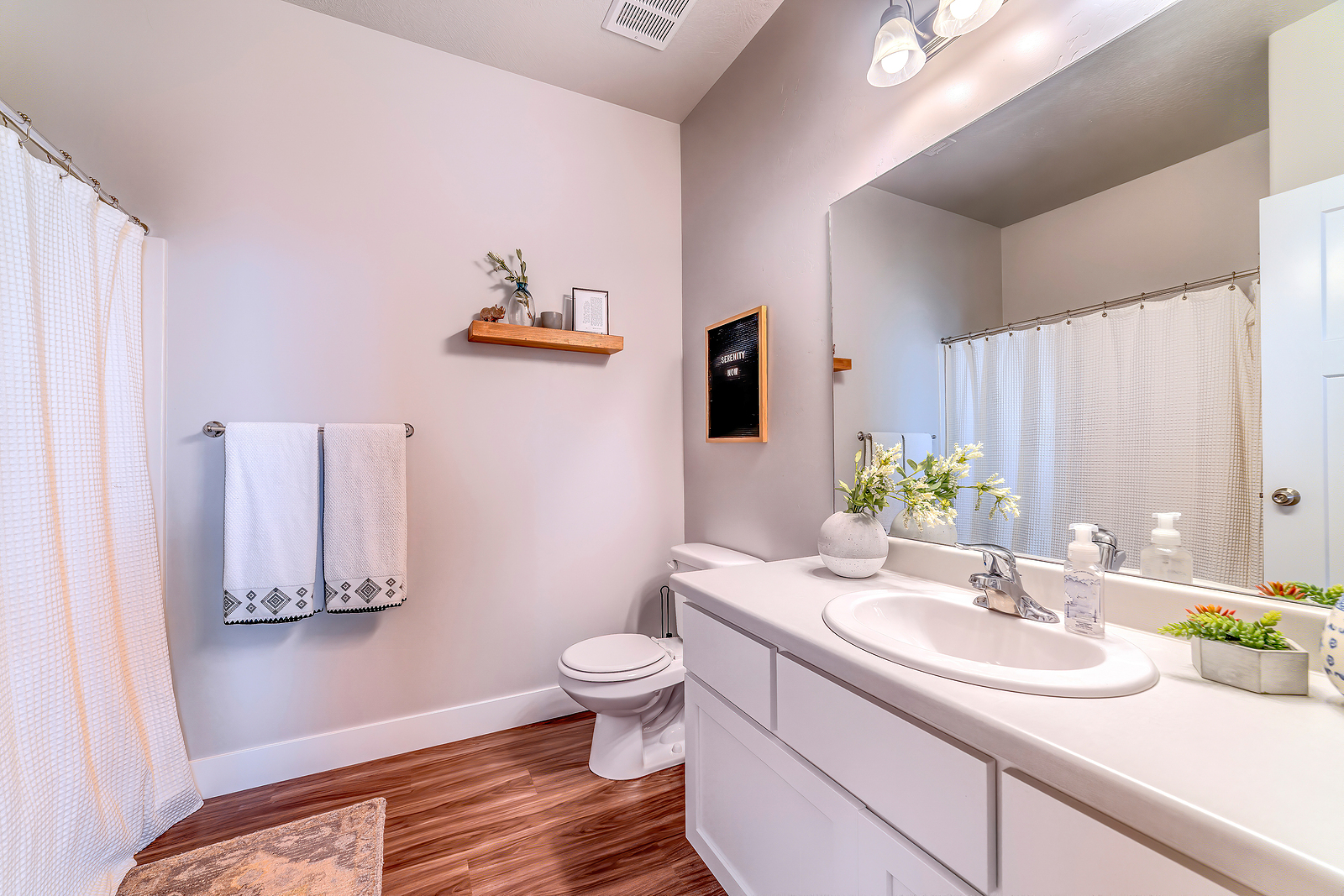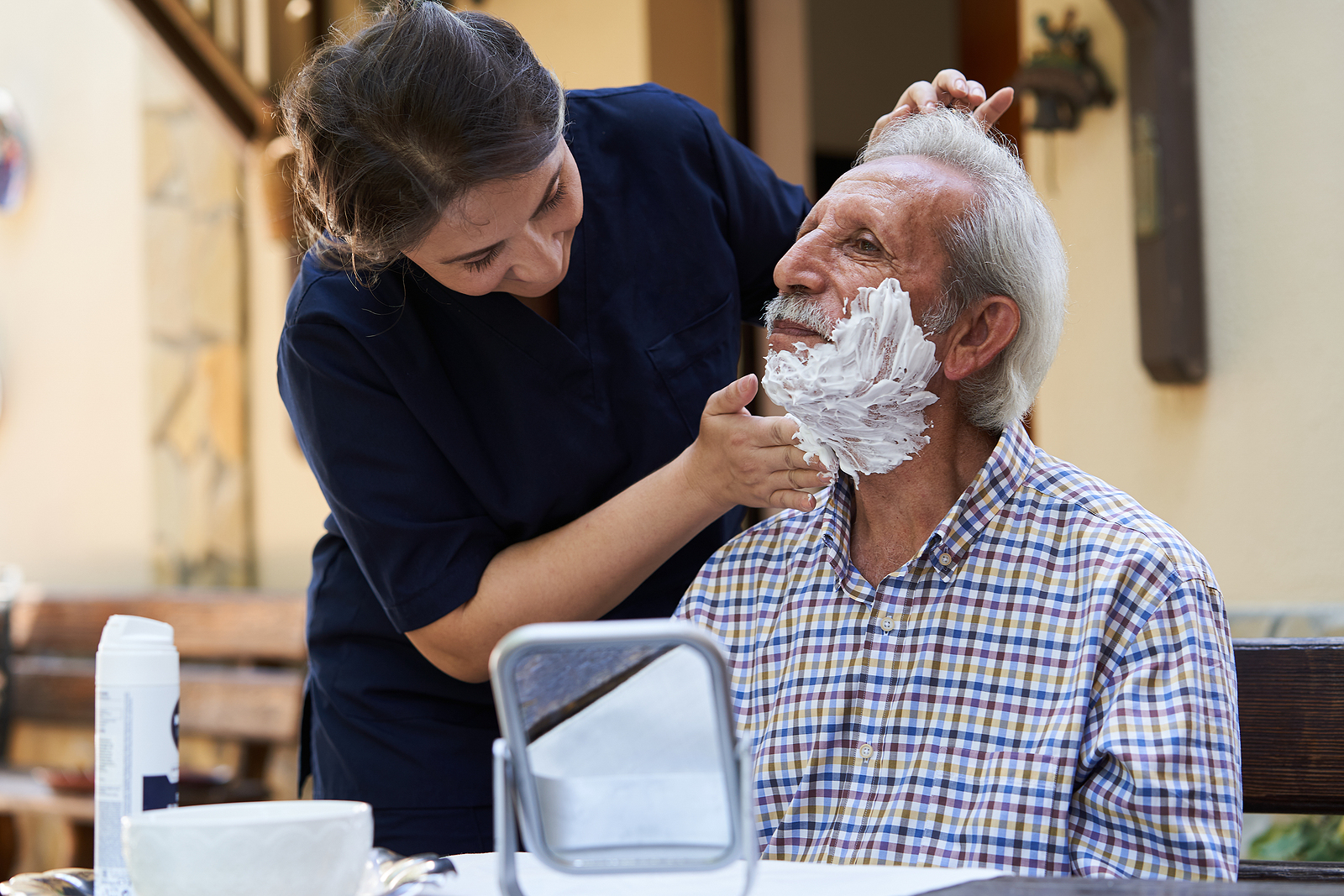When everyday tasks start feeling overwhelming, personal care at home can make the difference between merely getting by and truly living well. Delivered in the comfort of a familiar environment, this support helps older adults maintain independence, reduce safety risks, and preserve dignity—while giving families peace of mind.
Why Personal Care Matters
Aging changes how quickly and safely we can complete routine activities. Bathing, dressing, grooming, and toileting all carry higher fall and infection risks without the right support. Meal preparation and hydration may slip when energy or mobility is limited. Over time, these gaps can lead to avoidable emergency room visits, social withdrawal, and a decline in overall well-being. Thoughtfully planned care fills those gaps with respectful, consistent assistance tailored to each person’s preferences and abilities.
What Care at Home Can Include
At-home personal care often focuses on the essential activities of daily living. Depending on individual needs and a care plan, support may include:
- Assistance with bathing, grooming, dressing, and toileting
- Safe mobility and transfer support, plus fall-prevention routines
- Meal planning, basic meal preparation, and help with feeding as needed
- Reminders for medications as directed by the client or family
- Light housekeeping related to daily living spaces and laundry
- Companionship, conversation, and help staying engaged with hobbies
- Accompaniment to errands or appointments when appropriate
The right combination is highly personal. A good plan starts with an in-home assessment, then adjusts as needs change—whether that means a little help a few days a week or a more consistent schedule.
Benefits for Family Caregivers
Family members often shoulder a heavy load. Coordinating meals, laundry, bathing support, and transportation—on top of careers and children—can lead to burnout. Bringing in in-home support gives families breathing room. It helps loved ones shift from “always on” caregiving to being present in ways that strengthen relationships: sharing meals, enjoying a favorite show together, or visiting with friends. Reliable support also improves consistency—morning routines happen on time, hydration is encouraged, and safety checks are built into the day.
Safety and Dignity Come First
Respectful care is as much about how help is given as what is done. A person-centered approach asks about preferences: bath or shower, morning or evening routines, favorite foods, cultural traditions, and privacy boundaries. Safety is embedded in small details—non-slip footwear, a clear path from bed to bathroom, proper transfer techniques, and gentle prompts rather than rushing. Over time, this approach builds trust and confidence, which often leads to greater engagement in daily activities.
Signs it May Be Time to Add Help
It may be wise to consider personal care at home if you notice any of the following:
- Increased falls, near-falls, or unsteadiness
- Missed meals, significant weight changes, or poor hydration
- Challenges with bathing, grooming, or toileting
- Clothing worn repeatedly or laundry piling up
- Medications not taken as scheduled
- Withdrawing from social activities or hobbies
- Family caregiver exhaustion or stress
Choosing a Care Partner
Look for a provider that conducts thorough in-home assessments, creates individualized care plans, and offers flexible scheduling. Ask about caregiver training, supervision, and how care plans are updated. Clear communication matters: you’ll want regular check-ins, simple ways to share updates, and approachable team members who listen. Finally, ensure the services align with your loved one’s current needs, and that there’s room to scale support up or down.
Getting Started
Begin with a conversation. Share what’s going well and what’s difficult—morning routines, bathing, meal prep, or mobility. From there, a tailored plan can prioritize safety, comfort, and meaningful daily moments. With personal care at home, seniors gain steady, respectful support that keeps familiar routines intact and empowers them to live life on their own terms.
If you or an aging loved one are considering personal care at home in St. Paul, MN, and the surrounding areas, please contact the friendly staff at CareBuilders at Home Minnesota. Call today 612-260-2273.









